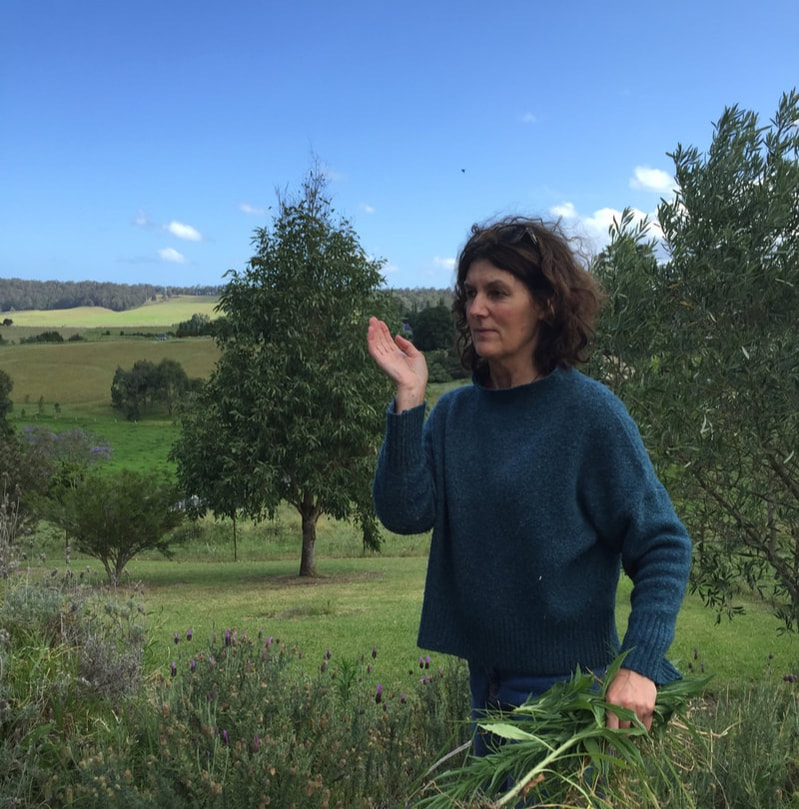|
Acedia: the demon of the pandemic?
Languishing may have been the dominant state of being for many people during these last years of the pandemic. The sense of stagnation that we seemed to enter due to lockdowns and the uncertainty of what covid may present us with next is understandable. Acedia however is described as a state of listlessness, indifference, and torpor. The desert monk John Cassian described it as the apathetic restlessness of the ‘noonday demon.’ The early desert Abba’s and Amma’s saw it as a sinful state of sloth! However, we may like to look at it in a kinder light albeit giving it the attention it may warrant. The early monks considered acedia as a condition particularly likely in those whose monastic life necessitated a high degree of solitude. It was considered one of the ‘eight trains of thought’ that needed to be overcome in the spiritual life. The social constraints and restriction to one physical place could give rise to this ‘train of thought’ amongst the monks. The restlessness and inability to apply themselves to either work or prayer could become a significant problem. Cassian speaks of the ‘bodily listlessness and yawning hunger’ of acedia and describes those suffering it as being unable to apply themselves to anything whilst wishing the day away. I wonder whether the restrictions and isolation of the pandemic may have led some of us into a state of acedia. Well before the pandemic however Aldous Huxley saw acedia as one of the main diseases of the common age. This time of pandemic, of constant uncertainty and isolation could easily tip us into this ‘train of thought.’ We need not apply the moral judgement of the desert monks but rather pay attention to it with compassion. So, if we do find ourselves in a state of acedia what can we do? The state of listless restlessness that acedia is characterised by takes us out of the present moment. We are unable to settle to anything; unable to fully attend in a way that is satisfying. And acedia makes the future seem overwhelming. So, it is important to remember the simple practice of paying attention to what is right before us. It may take some discipline, yet we can all simply be present to a particular part of the garden, a flower, a tree, a bee, a short verse of scripture or poetry. It is important that we set small, manageable tasks and see them through. We may also find that breathing our way through acedia can help. Be aware of boredom and torpor and pay attention to the breath, breathing in and out, before applying ourselves to a small task or making a phone call or writing to another. Most importantly we need to catch the ‘train of thought’ before it takes us into a downward spiral. We need to recognize each moment as gift and grace and be grateful for the moment, the breath, the life living through us. Thankfully, we are now able to meet in person more regularly and this is sure to help alleviate acedia. We will soon be sending out dates for our various activities beginning in March at Open Sanctuary. May God’s peace be with us in times of both abundance and adversity.
0 Comments
Leave a Reply. |
AuthorLinda Chapman is the founder of and primary inspiration behind Open Sanctuary Archives
March 2022
Categories |
Proudly powered by Weebly

 RSS Feed
RSS Feed